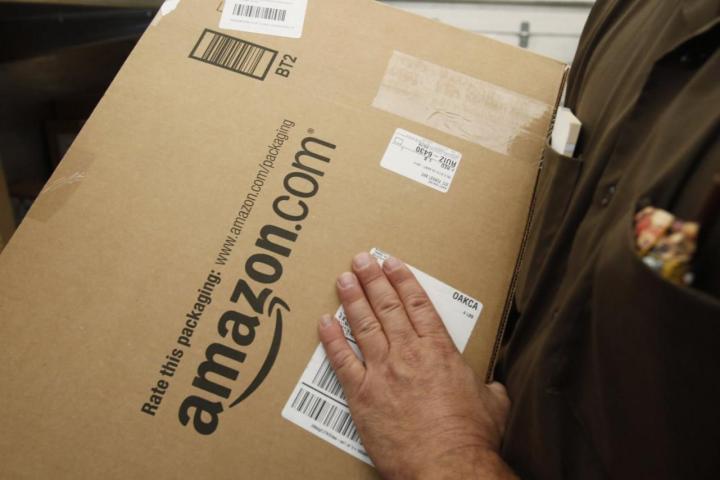
According to a two-year study published by researchers at Ohio State University this month, the introduction of online sales tax to a state reduces average spending on Amazon by approximately ten percent and increases sales volume on other online retailers by nearly 20 percent. The impact is even more obvious on purchases that are more expensive. For all purchases over $300, sales at alternate online retailers increase by nearly 24 percent and sales at brick-and-mortar locations increase by about six percent.
Specifically, the study tracked nearly a quarter of a million households that spent at least $100 on Amazon during the first half of 2012. After tracking the households through the end of 2013, the researchers were able to watch spending levels decline when sales tax was rolled out in states such as Texas, Pennsylvania, California, New Jersey, and Virginia. Online sales tax laws were rolled out for Amazon purchases in those five states during that eighteen month period.
Interestingly, the negative impact on first-party Amazon sales has a positive impact on Amazon Marketplace sales. After an online sales tax goes into effect in a state, purchases over $300 increase by more than 60 percent through Amazon Marketplace merchants. While shipping costs are generally higher on Marketplace products, many of these merchants don’t collect sales tax and provide a more attract option to Amazon shoppers.
At this time, Amazon charges sales tax in 20 states that include heavily populated states such as California, Texas and New York. Over the past few years, Amazon has attempted to push for broader legislation at the federal level that would create a universal online sales tax that would apply to all online businesses that operate in the United States. While this would ultimately reduce spending levels on Amazon according to the study results, it would put Amazon on a level playing field with all other online retailers and reduce the number of sales that are lost to other online retailers.
Editors' Recommendations
- Amazon’s Big Spring sale: Save on TVs, laptops, appliances, and more
- Amazon to pay customers up to $1,000 in damages for defective items
- Amazon to hire another 75,000 workers in response to coronavirus
- Amazon pushes again to rid its shopping site of counterfeit goods
- Cyber Monday 2019 broke records, with $9.4 billion in online sales


